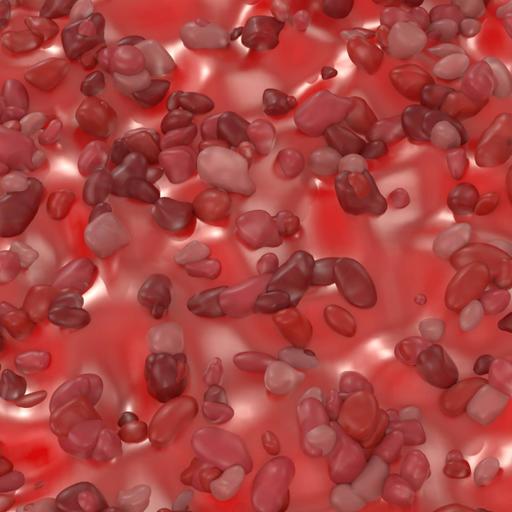Hantavirus
Presentations | English
Hantaviruses are a family of viruses spread mainly by rodents and can cause varied disease syndromes in people worldwide. Infection with any hantavirus can produce hantavirus disease in people. Hantaviruses in the America are known as “New World” hantaviruses and may cause hantavirus pulmonary syndrome (HPS). Other hantaviruses are known as “Old World” hantaviruses which are found mostly in Europe and Asia and may cause haemorrhagic fever with renal syndrome (HFRS). It is spread by the host rodents via aerosolized virus that is shed in urine, faeces, saliva and less frequently by bite from an infected host. Early symptoms of hanta virus infections are fatigue, fever and muscle ache. It takes about one to five weeks (incubation period) for the signs and symptoms of hantavirus pulmonary syndrome to begin. Hantavirus apparently damages cells that compose blood vessel capillaries, causing them to leak fluids. If this fluid leak is profound in the lungs, it will cause life-threatening pulmonary syndrome. About 38% of hanta virus diseases are fatal. There are no specific treatment, vaccine or cure for hanta virus infections.

Free
PPTX (26 Slides)
Hantavirus
Presentations | English
